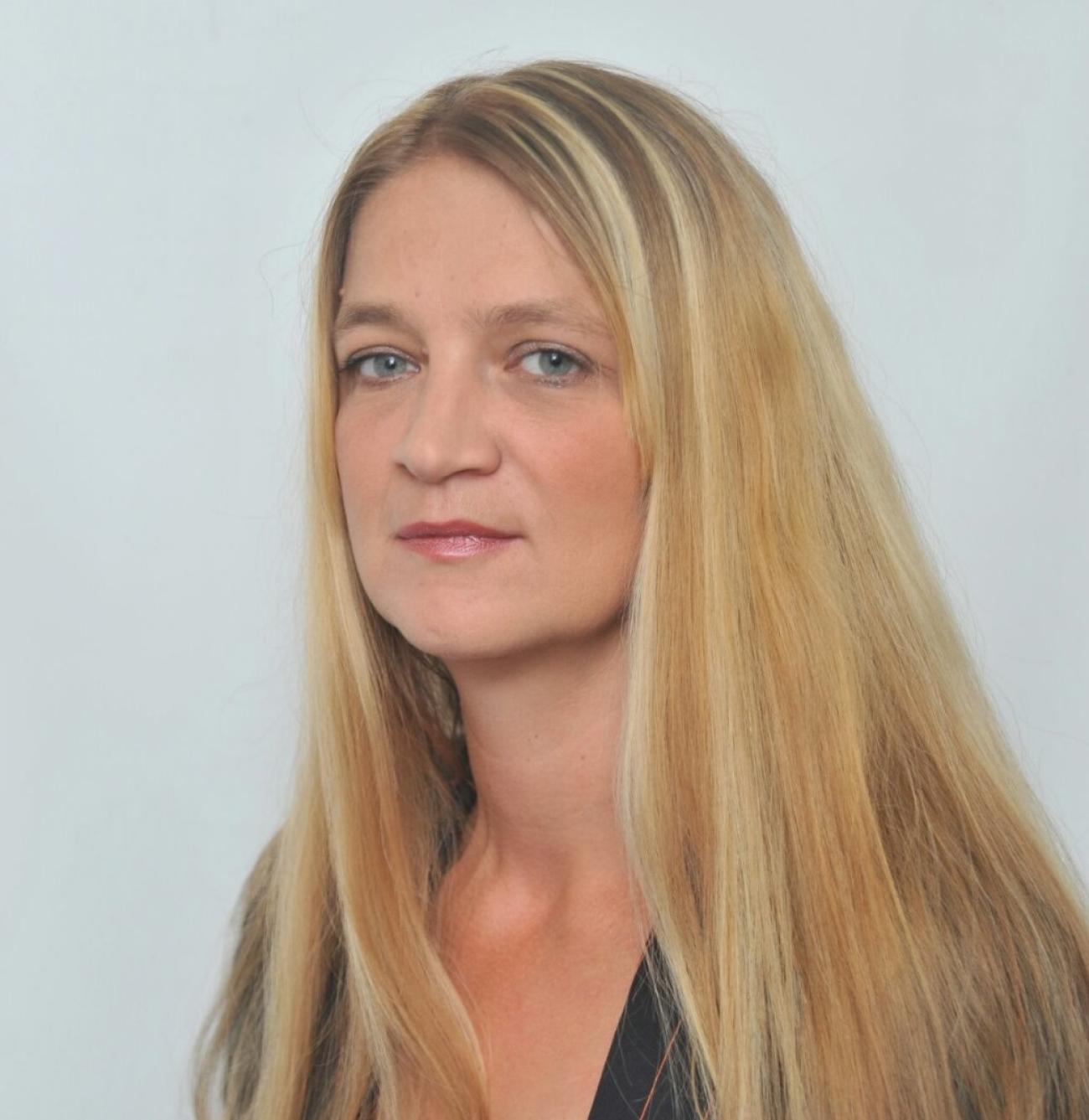Operating under the Center for the Development of Local Social Protection Services in Vranje, the Safe House has been a crucial resource since its establishment in 2016, offering assistance and shelter to 401 women and children who are survivors of domestic violence. Within the safe house, the beneficiaries receive essential life needs, a safe and nurturing environment, assistance in developing and preserving their potential, as well as legal, educational and employment support. Thanks to the UN Women implemented “Safeguarding Women and Girls in Serbia” project, financed by the British Embassy in Belgrade, the Safe House was able to enhance its services. Head of the Safe House in Vranje, Ivana Tasic, explains the importance of this support for improving the work of the Safe House.
Under the "Safeguarding Women and Girls in Serbia" project, improvements were made to the operations of the Safe House in Vranje. In what ways did these enhancements contribute to its overall functionality?
The level of privacy was increased by instalment of PVC fence with decorative artificial grass on the existing wire fence, while strip curtains were installed on the rooms of the users. Also, the safety of the users has been improved in the form of the reconstruction of the fence wall and the installation of external reflectors on the object.
As part of the same project, community of practice meeting were held for the representatives of Safe House. Why were these meetings important?
The main goal was to gather relevant practitioners to exchange information and improve coordination among Safe Houses, but also to increase resource mobilization and financial support in the form of grants. In addition, civil society partner organizations selected through an open competition were introduced. These organization, chosen to provide support to 11 operational safe houses, will offer supportin managing funds allocated through grants and implementing of project activities. We also discussed the difficulties we encounter in our work, including issues related to obtaining and renewing licenses for the provision of social protection services.
Trainings were also organized as part of the project. What did the trainings cover and how useful were they?
Our partner in the project, non-governmental organization Atina, organized workshops that dealt with processing intense feelings and improving communication among all safe houses. We also worked with children that were survivors and/or witnesses of violence. Given that we chose the topics, the mentioned trainings meant a lot to us and are useful for our further work with women and children in instances of violence.
How useful was the support of UN Women Serbia and the partner organization Atina?
This support meant a lot to us because the existing level of safety and privacy of the users of our Safe House was increased. Through trainings, the competencies of employees in working with this particularly sensitive category of beneficiaries have been increased. I would especially like to point out that this project established better communication between Safe Houses in Serbia, which is very useful for future work and exchange of experiences, and we hope that this cooperation will continue.


